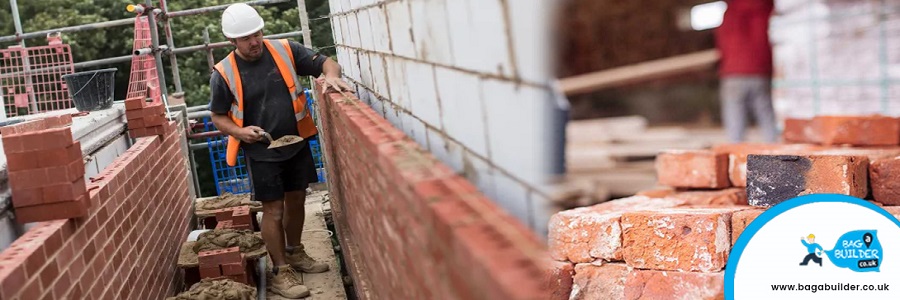Steps You Should Follow When Remodeling Your Home
- By : Jack Smith
- Date :

Remodeling your home maybe a dream but few false steps and this dream can easily turn into a nightmare you’d never imagined. To help you avoid those false steps, and get the most of the money spent, here are the steps to follow while remodeling your home.
1) Get a qualified home builder:
It’s a no-brainer really. Home remodeling is a complex and specialist job and it should be done by specialists only. Check the builder’s skills and safety qualifications before hiring them. For example a certified painter must hold a relevant CSCS Card, plumber a JIB one while ECS Card demonstrates a competent electrician.
Simply speaking, to get the quality and safety in the work you plan, you have to hire professionals who are certified and recognized for it.
2) Do a check on his record:
Having checked his qualifications, it’s time to do a check on his work and behavioral record. This person will be in your home each day, so it’s essential you feel comfortable having him around. Ask him for details of recent clients and get in touch with few of them. Find out how polite, efficient and unobtrusive he is to work with. Chances are the feedback, if negative, might help you avoid the mistakes the previous homeowner committed by hiring him. Moreover, feedback also help you anticipate and deal with challenges employing a particular builder poses.
3) Effective communication for effective work:
Be clear about what exactly you want – be it an elaborate home extension or just few interior design tweaks – and communicate it well to your builder. It’s important he knows what is required of him. For good measure, get his take on the project and its cost – maybe this will help you fine-tune your vision and requirement.
4) Protect your interests legally:
A professional builder, home remodeler or a contractor, always come with a contract. Ask him for it should he forget to hand you one. In case it’s the first time you hear or read this term, let’s help you by telling what an ideal contract should contain: names of all parties, contractor’s license number, description of project with cost, work and payment schedule, and provisions for early termination to name a few.
Also check if your contractor and his team are insured for you don’t want to bear the compensation if anyone gets injured. Moreover, once the project is over and payment made, get your contractor to grant you an Affidavit of Final Release so that you won’t be liable for any third party claim.
These are legal stuff which will protect your interest should something go wrong. Overwhelmed with so many legal requirements? A lawyer will serve you well.
5) Sometimes cheap is expensive:
While you may be tempted to hire a cheap builder, or buy low-priced materials, don’t yield to those urges. Maybe the cheap builder you are looking to hire is desperate for work. Chances are you are compromising with quality and durability of the build by using inferior materials.
As a thumb rule, the most relevant bid is often the one in the middle. Ask each candidate to give a written job description and vendor to provide list of materials. An expensive item that lasts 20 years is always a smarter choice than a low-priced one lasting five.
6) Don’t change your horse midstream:
Start out with a detailed and foolproof plan so that you don’t have to change it midway. Avoid any last minute tweak or adjustment – major or minor – unless they are absolutely necessary for they cost you great deal of money and time. Play safe by documenting modifications – if any – and getting them duly signed by everyone involved.









